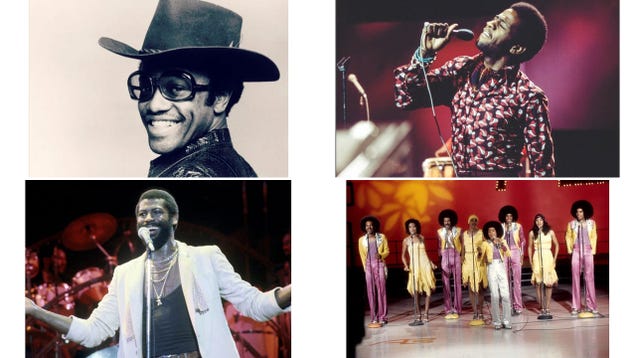Traditional medicine has been a part of African cultures for centuries. It is deeply ingrained in the belief systems and practices of many African communities, and has played a crucial role in the health and well-being of millions of people. In this blog post, we will explore the role of traditional medicine in African cultures, and gain a better understanding of the healing practices and beliefs that underpin it.
History of Traditional Medicine in Africa:
Traditional medicine has a long history in Africa, with evidence of its use dating back thousands of years. Many traditional healing practices are based on the use of plants and herbs, which are believed to have medicinal properties. In addition to plants, traditional medicine also incorporates spiritual and cultural elements, with healers often using rituals, incantations, and other methods to heal their patients.
Beliefs and Practices:
The belief systems that underpin traditional medicine in Africa are complex and diverse. In many cultures, illness is believed to be caused by a disruption in the balance between the spiritual and physical world. Traditional healers are often seen as intermediaries between these two worlds, and are therefore highly respected in their communities. The healing practices used by traditional healers are diverse, and can include everything from herbal remedies to massage, acupuncture, and other forms of physical therapy.
Challenges and Opportunities:
Despite its long history and importance in African cultures, traditional medicine faces a number of challenges in the modern world. One of the biggest challenges is the lack of formal recognition and regulation. This has led to a situation where traditional healers are often seen as inferior to Western-trained doctors, and are not given the same level of respect or support. However, there are also many opportunities to promote and support traditional medicine, particularly in the areas of research, education, and collaboration with Western medicine.
Conclusion:
Traditional medicine is a vital part of African cultures, and has played a crucial role in the health and well-being of millions of people. By gaining a better understanding of the beliefs and practices that underpin traditional medicine, we can develop a deeper appreciation for its importance and potential. By supporting and promoting traditional medicine, we can help to ensure that it continues to play a vital role in the health and well-being of African communities for generations to come.


